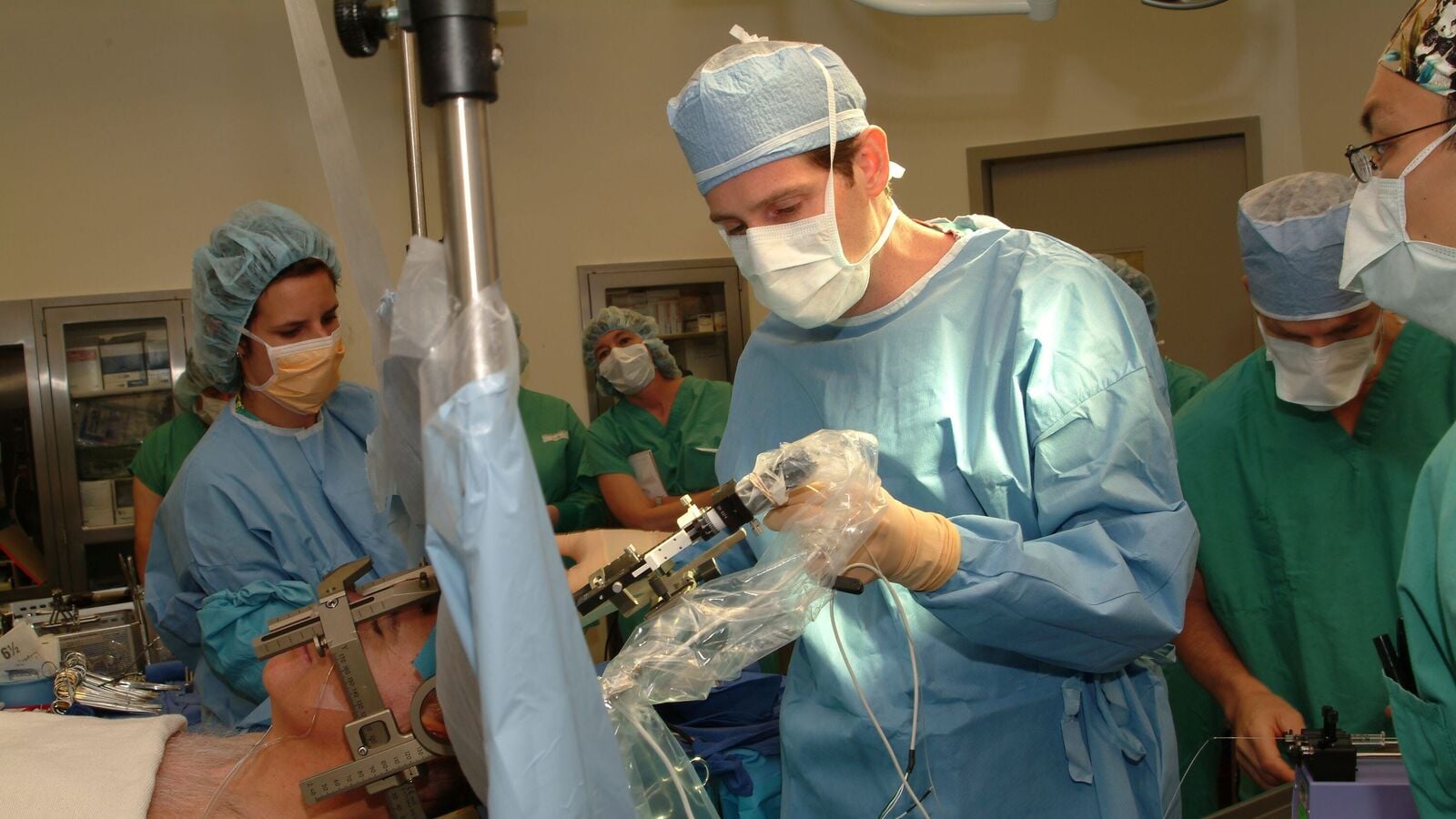New Delhi: The Union government has classified a life-threatening condition affecting the kidneys, bladder or urinary tract under the National Rare Diseases Policy, making patients eligible for financial assistance of up to ₹50 lakhs.
The condition is called primary hyperoxaluria and financial assistance for medical treatment will be available where kidney transplants are required.
The decision follows a recent review of the National Policy on Rare Diseases by a panel of the Ministry of Health.
The government has incorporated primary hyperoxaluria (for transplants only) under the category of group 1, which deals with disorders that can be treated with a one-time curative treatment.
Group 2 category deals with diseases that require long-term or lifelong treatment with a relatively lower treatment cost, while Group 3 covers diseases for which definitive treatment exists.
Read also | How prepared is India for an Mpox outbreak?
“Financial assistance to these patients suffering from the above-mentioned rare diseases (primary hyperoxaluria) will be provided in accordance with the provisions under the NPRD, 2021,” the Ministry of Health said in a recent communication.
The Union government introduced the National Rare Disease Policy in March 2021 to focus on the treatment of patients suffering from any category of rare diseases, with a provision for financial support of up to ₹50 lakhs.
Last month, Union Minister of State for Health Anupriya Patel informed Parliament that 63 rare diseases had been included in the national policy for rare diseases on the recommendation of the Central Technical Committee for Rare Diseases, and 1,118 patients had benefited from it.
Other health conditions classified under the National Rare Disease Policy include osteopetrosis, which causes bone disease; Fanconi anemia, which causes bone marrow failure, tumors and other abnormalities; Laron syndrome, which causes insensitivity to growth hormone; and immunodeficiency disorders such as severe combined immunodeficiency and Wiskot Aldrich syndrome.
The Union government has set up 12 centres of excellence located in premier government hospitals with facilities for diagnosis, prevention and treatment of patients with these rare diseases.
The government published approximately ₹109 crore to these institutes in the last three years, but only ₹53 crore rupees were used.
The Union Health Ministry spokesperson did not immediately respond to a request for comment. Mint queries.
Disclaimer:
The information contained in this post is for general information purposes only. We make no representations or warranties of any kind, express or implied, about the completeness, accuracy, reliability, suitability or availability with respect to the website or the information, products, services, or related graphics contained on the post for any purpose.
We respect the intellectual property rights of content creators. If you are the owner of any material featured on our website and have concerns about its use, please contact us. We are committed to addressing any copyright issues promptly and will remove any material within 2 days of receiving a request from the rightful owner.

